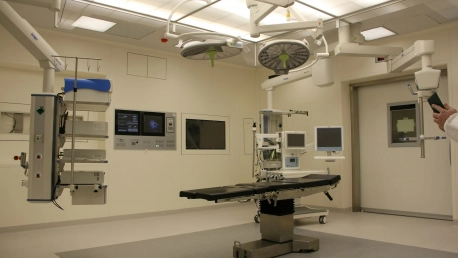When dealing with a health condition that requires special equipment, understanding the ins and outs of insurance coverage is crucial. For beneficiaries of Medicare, Part B coverage plays a significant role in making necessary medical devices accessible. Usually, this includes equipment prescribed by a doctor for home use—which must show medical necessity and can sustain repeated use for at least three years. Covered items vary widely, from blood sugar monitors and hospital beds to wheelchairs and CPAP machines.Medicare generally covers 80% of the approved amount for Durable Medical Equipment (DME) after the Part B deductible has been met, leaving the patient responsible for the remaining 20%. It’s vital to work with suppliers who are enrolled in Medicare and accept assignment to ensure you pay only your share of the cost. The acceptance of assignment by suppliers means they agree to the amount Medicare determines is reasonable for the equipment.
Understanding Your Role in the Coverage Process
The pathway to obtaining Durable Medical Equipment (DME) under Medicare involves several key steps. Initially, a Medicare-enrolled doctor must prescribe the equipment as necessary for your health. Following this, you’ll need to source your DME from a supplier also enrolled in Medicare; otherwise, Medicare may not pay for your equipment. This step is essential to avoid unnecessary expenses that can accrue from out-of-network providers.The cost of medical equipment can be daunting, but know that you have some control in the matter. For some items, you may choose to either buy or rent the equipment. Medicare provides the flexibility to decide which option suits your needs and finances best, provided that both the item and supplier meet Medicare requirements. It is always advisable to discuss these options thoroughly with your healthcare provider and equipment supplier.
Handling Replacements and Repairs
Life can be unpredictable, and sometimes DME needs replacing sooner than expected due to wear and tear or emergencies like natural disasters. Medicare has provisions for such events. Typically, rented items are maintained by the supplier, and any necessary repairs or replacements fall under their responsibility. For purchased DME, Medicare usually covers repairs and even replacement under certain conditions, e.g., the equipment is beyond repair due to a natural disaster.It’s crucial to keep accurate records and clear communication lines with your healthcare provider in such situations. Should Medicare need to replace equipment, a concise narrative about the circumstances that led to the need for a replacement is required. Staying informed about such policies ensures that you can swiftly manage the process without incurring unnecessary costs or experiencing undue stress.









